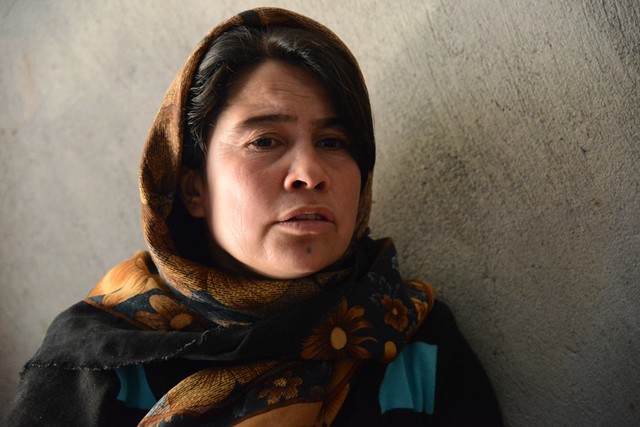When I was in high school, I went through the Holocaust Museum in Washington, DC, and when I was in college I toured two memorial sites for the Cambodian genocide carried out by Pol Pot's government. Today I visited yet another memorial to a genocide, and while I wandered through the Kigali Genocide Museum, fresh in my mind was a blog post from author Ann Voskamp about the experiences of Yazidi and Christian women and girls at the hands of ISIS. I beg you to click the photo below and go read Ann's incredibly moving testimonies about women and girls who are being tormented, chased, raped, killed, sold, abandoned, widowed, orphaned, and are forced to make terrible decisions along the way. The woman below had to choose between saving her newborn baby or her other child. She has no idea where her son is.
Every time a genocide happens, the world repeats that tired old lie: Never Again, but it is happening right now, and we are letting it happen.
The most infuriating part of the story of the Rwandan genocide is how the international community heard, but chose not to listen. They looked, but chose not to see. I have been doing the exact same thing regarding the plight of women and girls in the ISIS zone. It isn't my mother or my daughter, but now I know that they are my sisters, and I have to do something...but what? A few weeks ago I posted about this very concept, that not all the world's tragedies are my responsibility, but I cannot tell you the burden I feel over this situation. At the end of Ann's post, she links to a non-profit called Preemptive Love which is helping women start businesses and putting their children back into school. Those are both very worthy causes, but it doesn't satisfy me. It is immediate, sustainable assistance for those who have already been victimized, and it may even prevent them from being further victimized in the future, but, especially as I sit here in Rwanda, I have to ask: How do we stop the genocide? Will someone tell me how to help? I want to be challenged to do something more than helping the victims; I want to be asked for a real sacrifice to prevent ISIS from continuing to spread evil. I can't pick up a gun and join the Kurdish peshawars, but surely, surely there must be something that we average people with voices and passion and resources can do to not only care for widows and orphans, but to protect those women and children from the bereavement caused every day by the ISIS troops. Let's put a stop to this genocide...somehow.





